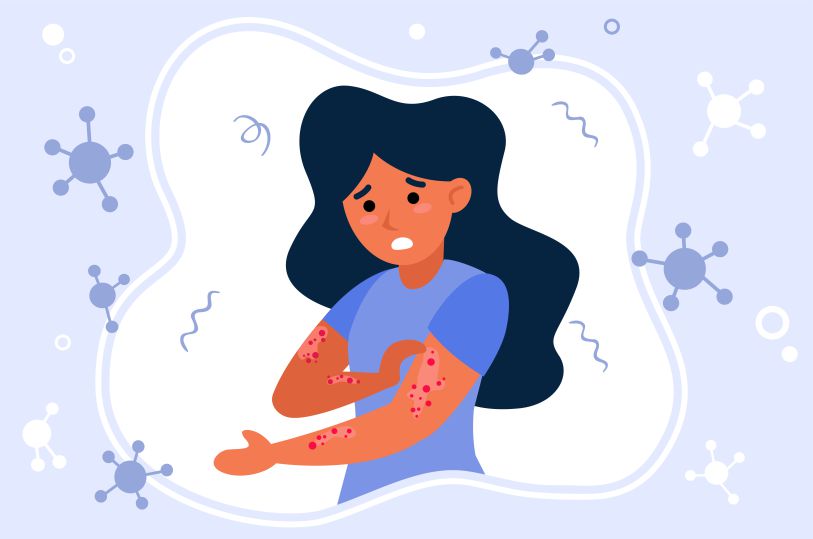
Seasonal Allergies: Symptoms, Causes, And Tips to Prevent
“Achoo!” If you sneeze, cough, and have flu-like symptoms at a specific time of each year, then you are probably experiencing allergic reactions. Keep on reading. We will explain what it is and how to prevent it.
Seasonal allergies are commonly called hay fever or allergic rhinitis. If you are one of the millions of people who are allergic to something then you may have some common symptoms.
Signs and symptoms
The most common hay fever symptoms include:
- itchy eyes, ears, nose, and throat,
- hoarseness,
- sneezing,
- clear, runny nose,
- wheezing,
- Irritability,
- coughing,
- nasal congestion.
These symptoms may range from mild to severe.
Causes of allergic rhinitis
Your body may overreact to both indoor and outdoor allergens. It’s easier to remove indoor allergens from your surroundings than outdoor ones.
Some usual triggers of allergic rhinitis may vary in each season. They may occur in every season particularly in spring, summer, and fall. During these seasons the main culprits of allergies are pollen from wind-pollinated plants, including grasses, blooming trees, weeds, flower buds, and others. People can also have allergic reactions in the so-called ragweeds season in autumn. The pollen of this common allergen may cause severe allergic symptoms.
People usually stay at home in winter, that’s why they are more supposed to be allergic to some indoor allergens. Here they are:
- house dust,
- animal dander,
- mold spores,
- fabrics,
- dust mites,
- cockroach droppings, etc.
Tips to relieve seasonal allergies
If some symptoms seem uncomfortable and bothersome, nip in the bud! Take some extra steps to stay away from some allergens.
- On dry and windy days stay at home if it’s not considered necessary going outside. Recommended time to go outdoors is after a good rain that clears pollen from the air and gives enormous pleasure to breathe clean air.
- Know which pollen you are sensitive to and check the current pollen level.
- Take some precautions like taking allergy medications prescribed by a doctor.
- Wear a dust mask while engaging in outdoor activities.
- Keep your home doors, windows, and car windows shut during allergy season.
- Reduce excess moisture by using a dehumidifier.
- Returning home, remove your worn clothes, and wash them in warm water, take a shower to clean your body from pollen.
- Use allergy-proof bedding and wash them in hot water. After washing, don’t hang it outdoors. It’s likely that pollen can stick to the laundry.
- Clean mold from every surface of your environment.
It’s useful to keep in mind that tobacco smoke can enhance people’s sensitivity to airborne substances that may cause hay fever. So steer clear of it to ease the symptoms.
The pattern of allergy rhinitis symptoms returns each year. If they are troublesome you should see your doctor make a diagnosis based on a skin test or a blood test.
Contact Dr. G Health, if you have any troubles related to allergies and treatment.





